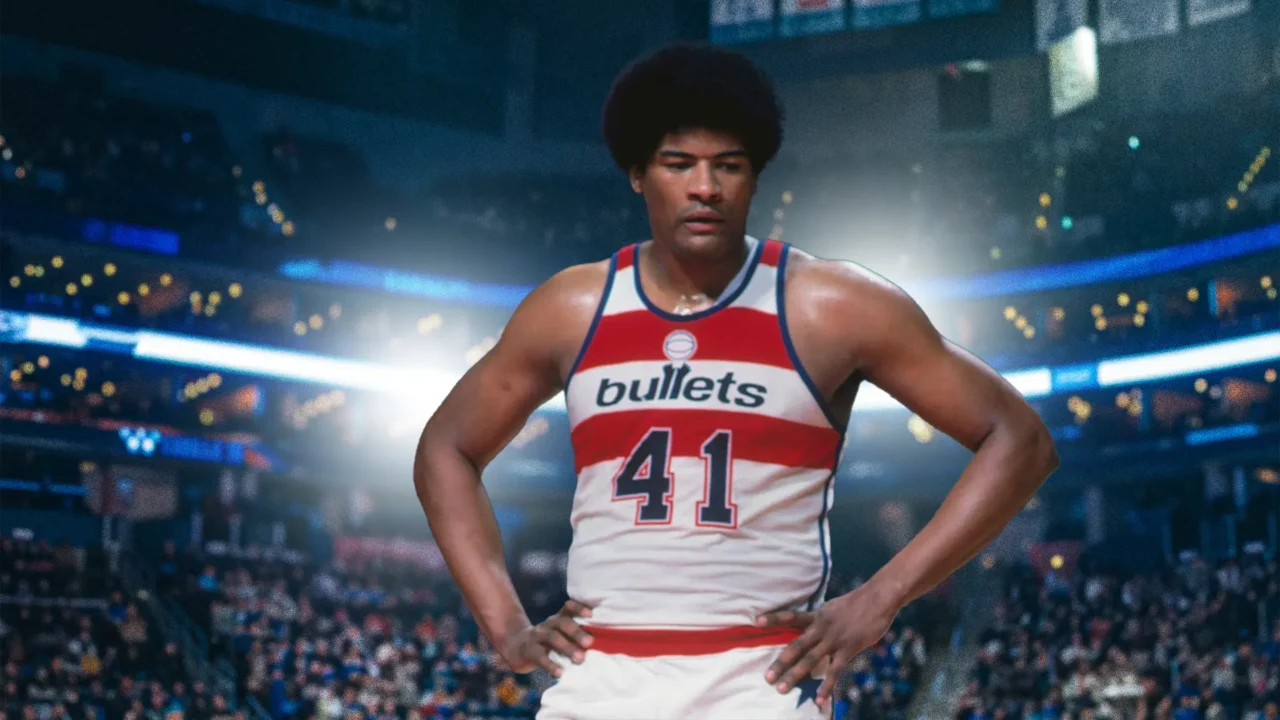Who is Wes Unseld?
Wes Unseld was the immovable object at the heart of the Washington Bullets’ success. Undersized for a center yet larger than life in impact, he orchestrated fast breaks with pinpoint outlet passes, all while pulling down rebounds against the league’s most towering giants.
3 Minute Read

Wes Unseld’s Early Life
Wes Unseld was born on March 14, 1946, in Louisville, Kentucky. Growing up in an era when basketball icons were defined by towering physiques, Unseld learned to rely on leverage, positioning, and hustle long before he became an NBA star. His high school exploits caught the attention of the University of Louisville, where he excelled and solidified his status as a future pro. Despite standing around 6’7”—short for a traditional center—Unseld’s robust frame and fierce competitiveness allowed him to dominate the paint at the collegiate level.
NBA Career and Impact
Drafted second overall by the Baltimore Bullets in 1968, Unseld wasted no time making his mark. In his rookie season, he became one of only two players in NBA history (the other being Wilt Chamberlain) to capture both Rookie of the Year and MVP honors in the same year (1969). His dominance on the boards and his knack for igniting fast breaks with perfect outlet passes transformed the Bullets into a formidable Eastern Conference contender.
Throughout the 1970s, the franchise relocated and rebranded as the Capital Bullets and later the Washington Bullets. Unseld remained the cornerstone, providing unwavering leadership and physicality in the paint. In 1978, he crowned his career by guiding Washington to its first—and only—NBA championship. A powerful rebounder who could fend off taller opponents, Unseld earned Finals MVP after limiting the Seattle SuperSonics’ offense and controlling the glass in a grueling seven-game series.
The Undersized Center With Oversized Influence
Unseld never relied on highlight-reel dunks or gaudy scoring totals to leave his imprint on a game. Instead, he excelled at the fundamental arts of boxing out, setting imposing screens, and creating scoring opportunities with bullet-like passes from under his own basket. His unselfish style and focus on dirty work—rebounding, positioning, and defense—made him a beloved teammate, even if it didn’t translate to All-NBA nods in a league dominated by marquee big men like Wilt Chamberlain, Kareem Abdul-Jabbar, and Willis Reed.
Standing at 6’7” and often battling opponents several inches taller, Unseld proved that strategy and a firm grasp of fundamentals could topple size disadvantages. His relentless approach to positioning earned him five All-Star selections and the respect of every foe who tried to outmuscle him.
Legacy Beyond the Hardwood
After retiring in 1981, Unseld served the Bullets/Wizards organization in a variety of roles, including head coach and front-office executive. Much of his off-court life was spent giving back to the community through educational initiatives—he and his wife, Connie, founded a private school in Baltimore that continues to serve local youth.
Unseld was enshrined in the Naismith Memorial Basketball Hall of Fame in 1988, and his jersey number 41 was retired by the franchise he helped bring to glory. Included among the NBA’s 50 Greatest Players and later on the 75th Anniversary Team, Wes Unseld stands as an enduring testament to the notion that heart and fundamentals can trump conventional measures of size and athleticism.
His passing in June 2020 prompted an outpouring of tributes from players, coaches, and fans alike, all praising the humility, leadership, and tenacity that defined his remarkable life and career. Wes Unseld may not have towered over the competition physically, but his presence—and his success—loom large in the NBA’s storied history.


